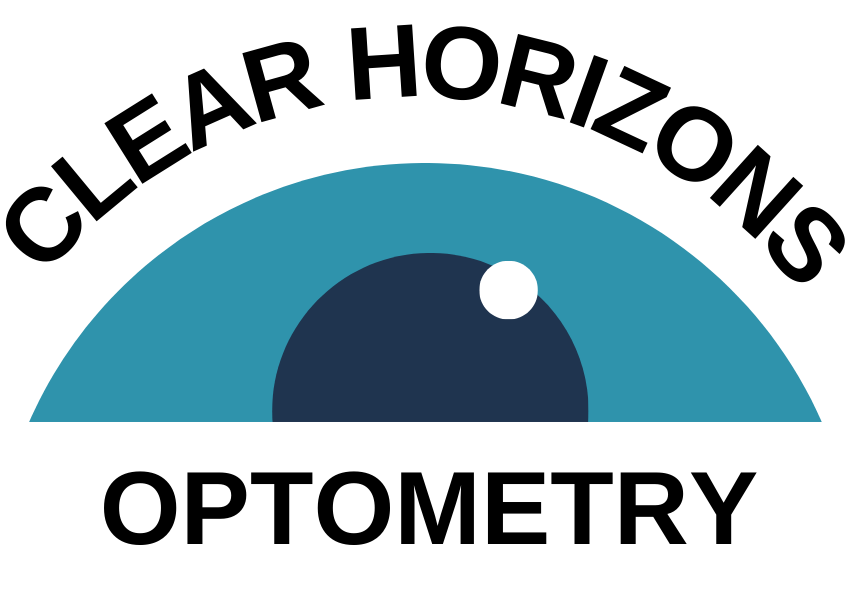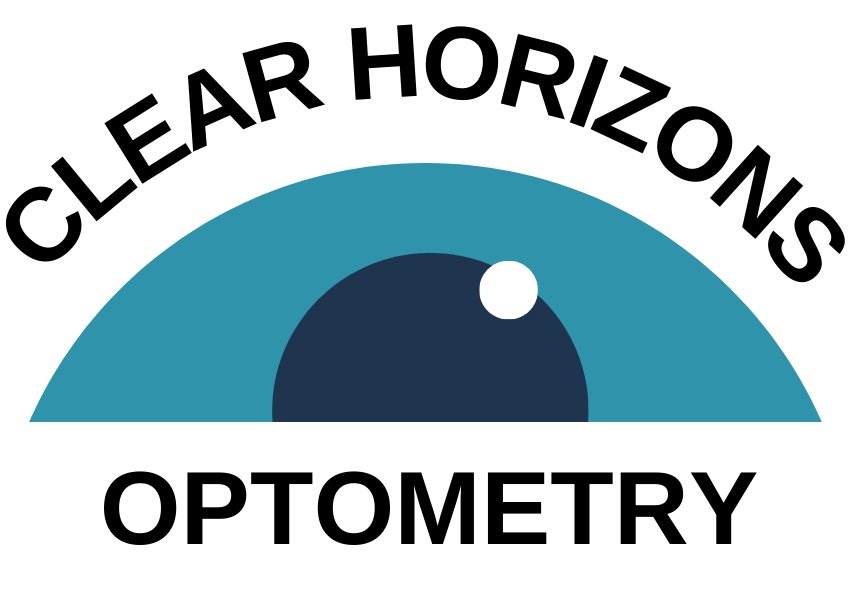Enhance Night Driving with Contrast Sensitivity Testing
Enhance Night Driving with Contrast Sensitivity Testing - by Dr Clayton Tyler Boyd & Nicole Skibinski
Introduction: When it comes to safe driving, good vision is essential, especially at night when visibility is reduced. Did you know that your ability to perceive contrast plays a crucial role in night driving? In this blog post, we will explore how contrast sensitivity testing, facilitated by EyeQue's Insight device can improve your night driving experience and overall eye health. Understanding Contrast Sensitivity: Contrast sensitivity refers to the ability to distinguish subtle differences in shading and contrast between objects. It affects how well you see in various lighting conditions, including low-light situations like driving at night. Reduced contrast sensitivity can make it challenging to detect important visual cues, such as pedestrians, road signs, or other vehicles.
The Impact of Contrast Sensitivity on Night Driving:
Recognizing Hazards: Driving in the dark pose’s unique challenges, such as reduced visibility and poor depth perception. Contrast sensitivity testing helps identify potential vision deficiencies that could hinder your ability to distinguish objects, road markings, or hazards effectively. Reaction Time: Poor contrast sensitivity can lead to delayed reactions to sudden changes on the road, increasing the risk of accidents. By assessing your contrast sensitivity, you can proactively address any vision issues and take appropriate measures to improve your night driving safety. Glare Sensitivity: Bright headlights and streetlights can create glare, making it difficult to perceive objects in your surroundings. Contrast sensitivity testing can identify individuals more susceptible to glare, enabling them to take steps like using anti-glare glasses or adjusting their driving habits accordingly.
Using the Insight device for Contrast Sensitivity Testing: EyeQue's Insight offers a convenient way to assess your contrast sensitivity at home. By taking regular tests, you can monitor any changes in your contrast sensitivity and promptly share the results with your eye care professional. A few common eye conditions that can result in reduced contrast sensitivity are cataracts, glaucoma, and optic nerve disorders.
Conclusion: Driving at night requires optimal vision, including good contrast sensitivity. By using EyeQue's Insight to assess your contrast sensitivity regularly, you can identify any vision issues that may affect your night driving ability. Remember, prioritizing your eye health not only enhances your safety on the road but also contributes to your overall well-being.
Consult with your eye care professional about your test results and discuss the use of yellow filter glasses and anti-reflective coating to reduce glare.


